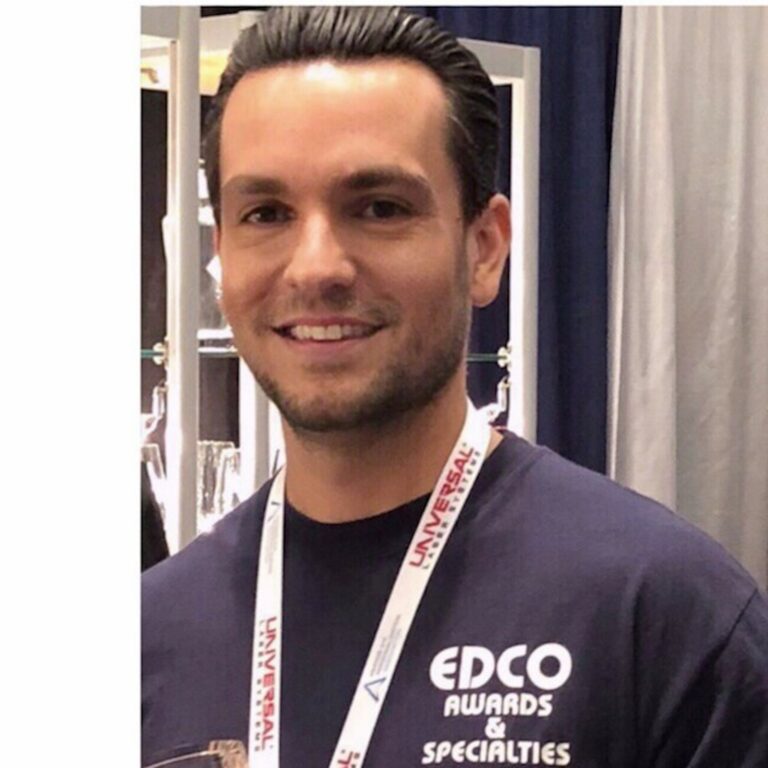
Influencer marketing in the pharmaceutical industry is a complex issue with rational arguments from various sides. On the other hand, leveraging the personal experiences and stories of individual patients can help bring an authentic voice to your product message. This can increase trust and resonance with some viewers who are skeptical of traditional promotional content. However, there are legitimate concerns about transparency and potential conflicts of interest when affiliate relationships and sponsored content are not disclosed. Thoughtful regulations and best practices around disclosure and ethical standards can help address these concerns while allowing patients to share authentic perspectives. Collectively, honest stakeholders on many sides of the issue are working to balance the need for reliable information with innovative marketing approaches.
One example that doesn't immediately leave our minds is when up-and-coming celebrity influencer Kim Kardashian explained the benefits of the “morning sickness” drug Diclegis to her millions of followers on Instagram. This is an Instagram post. “It has been studied and there is no increased risk to the baby,” she reportedly said, along with a smiling selfie of her holding her pill bottle to her face. “I'm very excited and satisfied with the results.'' The Food and Drug Administration issued a warning on the post for omitting a long list of the drug's risks, and ordered Kardashian to take it down. They also issued a warning letter to the pharmaceutical company, but before all this, the brand had already been mentioned over 10,000 times on social media. This controversial form of marketing, which allows companies to directly target consumers without going through doctors, is only legal in the United States and New Zealand.
Benefits of pharmaceutical companies influencing
Influencer marketing offers many benefits to the pharmaceutical industry. This marketing technique helps businesses reach potential customers and build positive associations with their brand. Patients often know more about their own lived experiences than doctors, and sharing their first-hand experiences can help others discover treatments that they don't know about. Social media is interactive and provides an avenue for the entire community to evaluate an influencer's experience by supporting and sharing their negative experiences with drugs.
The challenge of influencing the pharmaceutical industry also provides an avenue for influencers to bridge the communication gap between brands and consumers. Influencers can establish trust, connect with diverse audiences, and shape perceptions about healthcare solutions. By disseminating accurate information and sharing personal experiences, influencers can help demystify medicines and foster a more informed and receptive audience. Their role goes beyond mere advertising to influence public opinion, raise awareness, and ultimately promote positive impact on public health.
Pharmaceutical Influencer Marketing Key Performance Indicators (KPIs)
You need to measure your digital marketing efforts to determine return on investment (ROI) and assess the effectiveness of your campaigns. When evaluating the effectiveness of influencer marketing, it's important to focus on a few key KPIs. Website visits, brand mentions, reach and engagement, lead generation, and conversions are just a few. By monitoring these metrics, companies can learn more about how to improve their campaigns and strategies.
Pharmaceutical Influencer Marketing Challenges and Considerations
Challenges in pharmaceutical influencer marketing include selecting the right influencers, managing risks, and ensuring compliance with ethical guidelines. Specific challenges include:
corporate compliance
The FDA regulates several aspects of drug marketing. Influencers working in this field must adhere to a number of rules to ensure that their content adheres to legal standards, maintains accuracy, and prioritizes consumer safety. This regulatory framework aims to protect public health by preventing misleading information, minimizing conflicts of interest and maintaining ethical standards in the promotion of pharmaceutical products, and establishes influencer campaigns. It emphasizes the importance of alignment with established legal and ethical guidelines. According to the FDA website, regulations include:
- Advertising must be truthful.
- Both the benefits and risks of the drug must be accurately communicated.
- Provides relevant information regarding the approved use of the product.
- We provide the product's common name and a summary of all risks listed on the product's label.
ethical considerations
There are ethical considerations for influencer marketing in the pharmaceutical industry, as medicines can have long-term effects on people and can be the difference between staying alive and dying. Many are concerned that the line between advertising and opinion is blurring, potentially leading to patient deception in influencer marketing. When we see an ad, we know it's an ad, but user-generated content on places like Instagram and TikTok often looks like unbiased opinions. There are often reports of social media influencers omitting important information, including unintentionally spreading misinformation due to the availability and risks of cheaper generic options and lack of scientific expertise.
Pharmaceutical influencer marketing isn't perfect, but it has many benefits. Challenges and considerations such as strict regulatory frameworks, ethical responsibilities, and accuracy of messaging highlight the need for influencers to operate with greater awareness of their impact on public health. By recognizing these challenges and adapting their strategies accordingly, influencers can play a vital role in promoting medicines responsibly and transparently.
About Mike Szczesny
Mike Szczesny is the owner and vice president of EDCO Awards & Specialtys, a specialty supplier of employee recognition products, branded merchandise, and sports and custom awards. Mr. Szczesny takes pride in his EDCO's ability to help companies go the extra mile to show appreciation to their employees. He lives in Fort Lauderdale, Florida.


